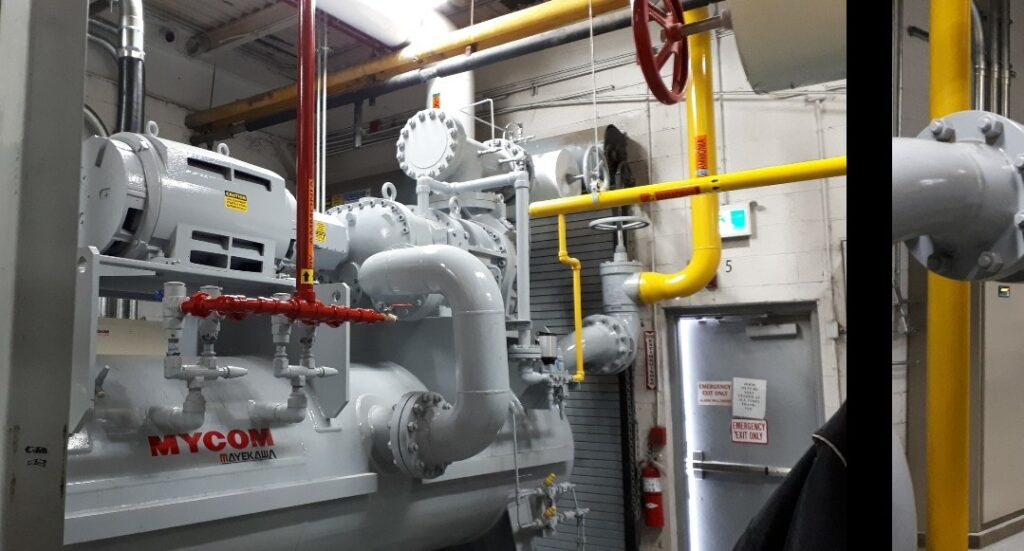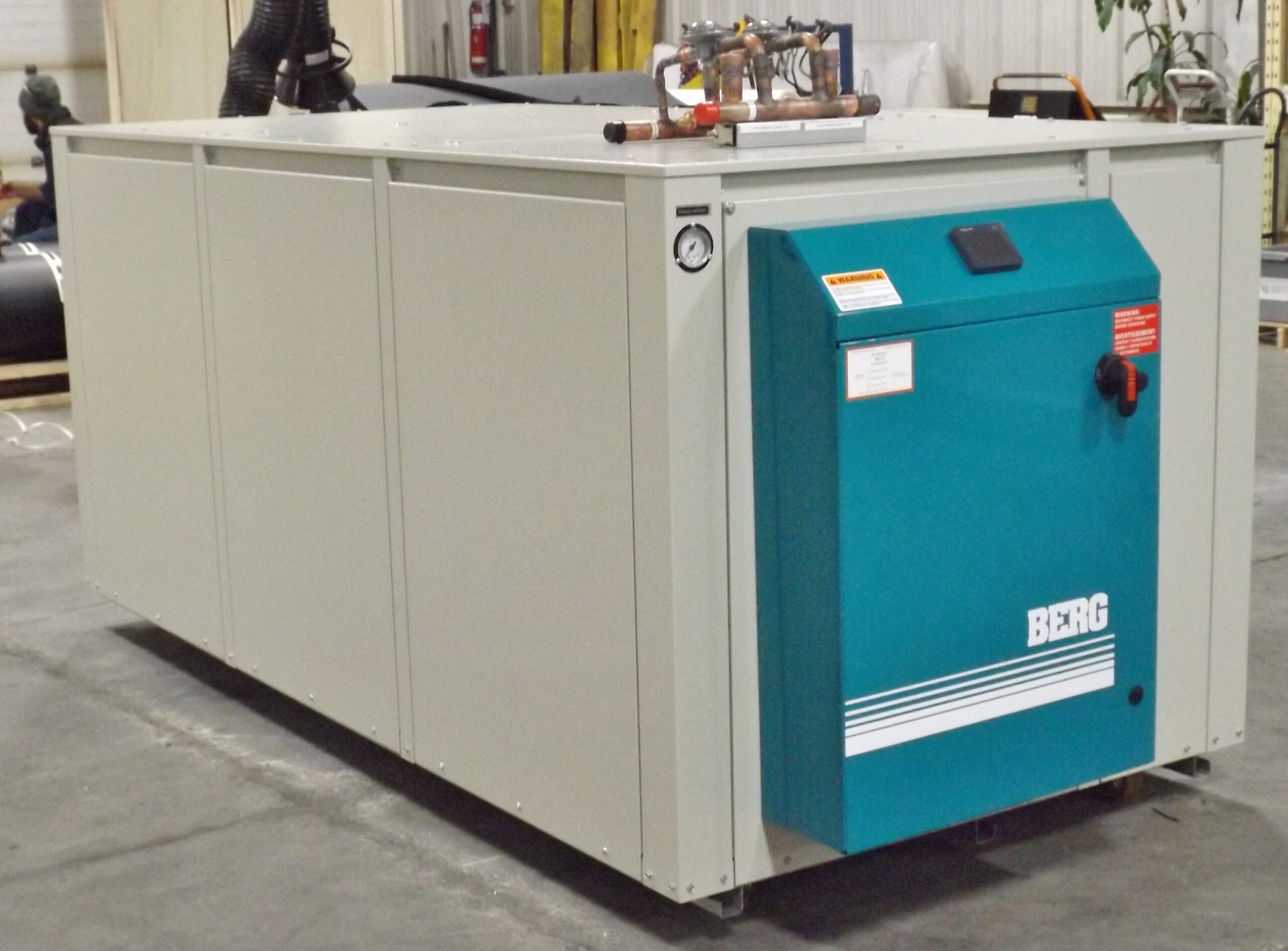In the fast-paced world of food processing, maintaining products safe and of high quality is paramount. However, unexpected power outages, system failures, and unforeseen events can disrupt operations, potentially leading to spoilage, quality degradation, and production delays. This is where the emergency planning and backup cooling systems comes in. They act as safeguards to ensure uninterrupted operations and product integrity.

Food processing relies heavily on refrigeration systems to preserve the freshness and quality of products, maintain food safety, and extend product shelf life. If cooling fails, it can lead to spoilage, financial loss, and regulatory problems. Power outages or equipment breakdowns can happen unexpectedly, so having a plan in place is vital. An emergency plan helps the operators respond quickly and minimize the impact on production and product quality.

Backup cooling systems are the safety net if the primary refrigeration system fails. They keep temperatures under control until the main system is restored. Backup cooling systems can keep food products at the right temperature, preventing the growth of harmful bacteria and reducing the risk of foodborne illness. These backups can be generators, portable cooling units, and alternative refrigeration technologies. It's essential to choose backup systems that align with the facility's needs and can adequately maintain the required temperature levels for various products.
In the complex world of food processing, even minor disruptions can lead to big problems, proactive planning is paramount to the smooth and safe operation of food processing facilities. Establishing an effective and comprehensive emergency plan and investing in reliable backup cooling systems is a strategic approach to ensuring smooth operations, mitigating risks, preventing spoilage, preserving product quality, and maintaining consumer trust in the face of unexpected challenges. The combination of proactive planning and strategic infrastructure investment can navigate disruptions with confidence and continue delivering safe and high-quality products to the market to safeguard the reputation of both the business and its products.
Berg custom designs, manufactures, installs, and services cost-effective chilling solutions for various applications and industries. Unlike other industrial ice makers, Berg’s refrigeration experts know chilling down to the core. Putting the customer’s challenges at the heart of every design, Berg sales engineers apply unmatched energy management experience to create built up or skid mounted systems using both ammonia and synthetic refrigerants. Wherever unique cooling needs exist, in multiple industries and in varying environments around the globe, clients trust Berg expertise. Contact us today to find out more.